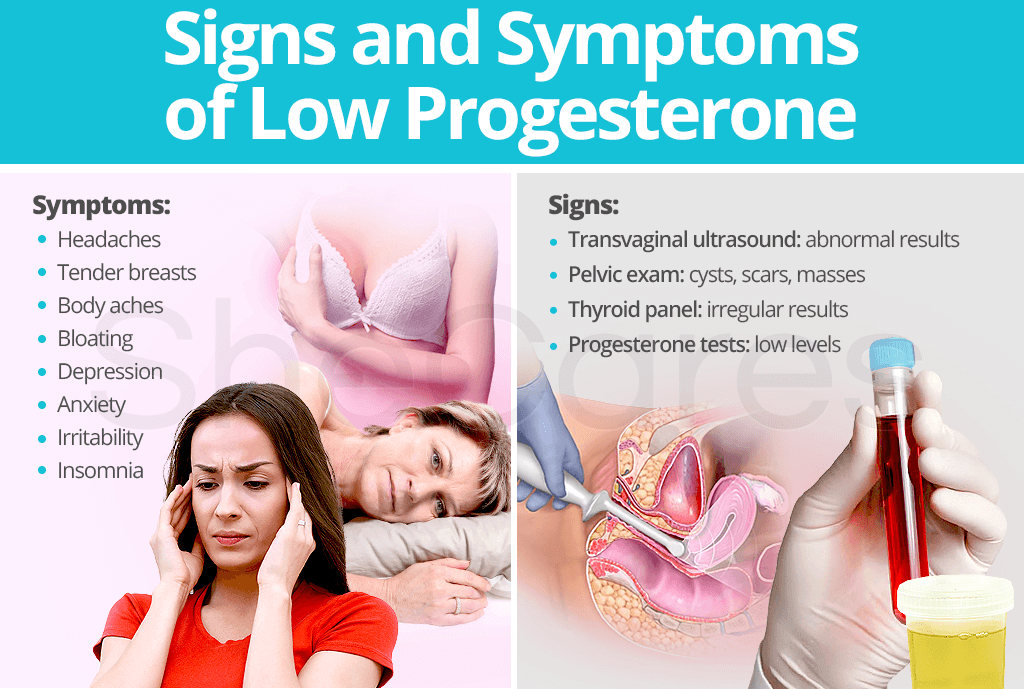Symptoms of growth hormone deficiency in infants and children
by Admin
Posted on 21-03-2023 01:06 AM
Growth hormone deficiency is more noticeable in children because of the quick rate at which they normally grow. Children grow 2. 5 inches each year on average. Children with growth hormone deficiency grow more slowly. They usually grow less than 1. 4 inches each year once they're over three years old. They also tend to look like children longer. They retain traits like a "baby face" and chubby build for much longer than their friends. Their hair also grows slower, and their puberty can be delayed.
 A child living with growth hormone deficiency may have problems affecting their self-esteem and mental health.
A child living with growth hormone deficiency may have problems affecting their self-esteem and mental health.
Adult growth hormone deficiency (aghd) results in a clinical syndrome characterized by alterations in body composition, diminished aerobic exercise capacity and quality of life (qol), and adverse changes in lipid and carbohydrate metabolism and cardiovascular function ( hazem et al. , 2012 ). A growing body of evidence shows increased mortality in untreated aghd patients ( rosén and bengtsson, 1990 ). Treatment of aghd patients with growth hormone replacement therapy (ghrt) normalizes many of these signs and symptoms, improves qol, and may possibly enhance longevity ( rosén and bengtsson, 1990 ; hazem et al. , 2012 ). Although a theoretical increased risk of developing new or recurrent neoplasms has been suggested in some studies evaluating adults who had been treated for ghd as children, this increase has not been found in most studies of treatment in patients with adult-onset ghd ( svensson and bengtsson, 2009 ).
Symptoms of adult-onset growth hormone deficiency
The primary symptom of growth hormone deficiency is a noticeable slow growth (less than two inches per year), although the body has normal proportions. The child with growth hormone deficiency may also have:
an immature face, meaning he or she looks much younger than his or her peers
a chubby body build
impaired hair growth
delayed puberty
it is important to note that growth hormone deficiency does not affect the child's intelligence, and each child experiences symptoms differently.
The symptoms of growth hormone deficiency may resemble other problems or medical conditions. Always consult your child's doctor for a diagnosis.
Adults with growth hormone deficiency (which may result from problems with the pituitary gland or hypothalamus) may have symptoms including: poor bone density (which can lead to osteoporosis if untreated) reduced muscle mass high cholesterol levels.
Growth hormone deficiency is a rare cause of growth failure in which the child does not make enough growth hormone to grow normally. Growth hormone is one of several hormones made by the pituitary gland, which is located at the base of the brain behind the nose.
Manifestations of growth hormone deficiency depend on the patient's age, the underlying etiology, and the specific hormone deficiencies. Growth hormone deficiency itself typically manifests as growth failure, sometimes along with delay in tooth development. Height is below the 3rd percentile, and growth velocity is 2 years behind chronologic age. Other abnormalities may be present, depending on the underlying defect, and the child may have delayed or absent pubertal development. Weight gain may be out of proportion to growth, resulting in relative obesity. Neonates who have congenital defects of the pituitary or hypothalamus may have hypoglycemia (which also can occur in older children), hyperbilirubinemia, midline defects (eg, cleft palate), or micropenis, as well as manifestations of other endocrine deficiencies.